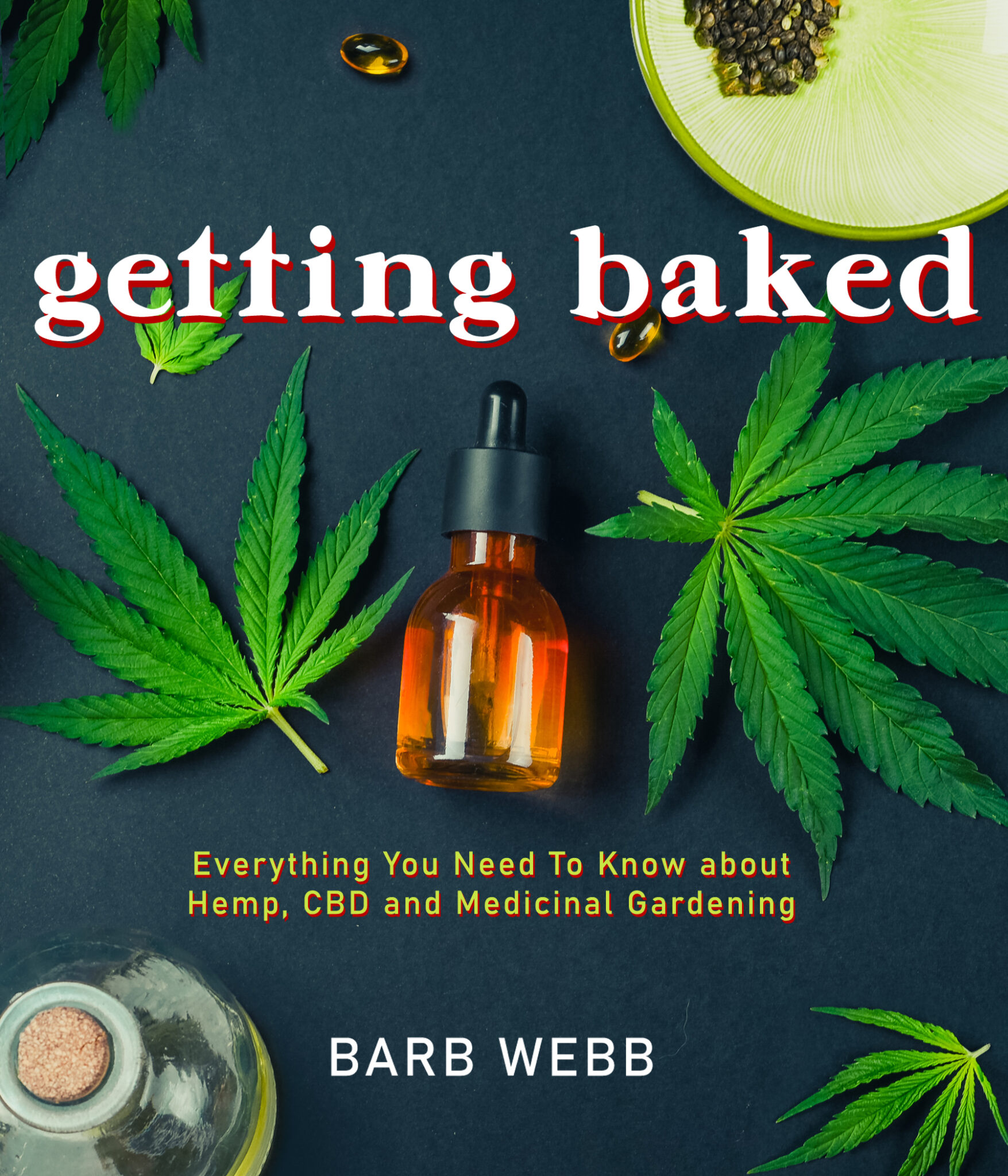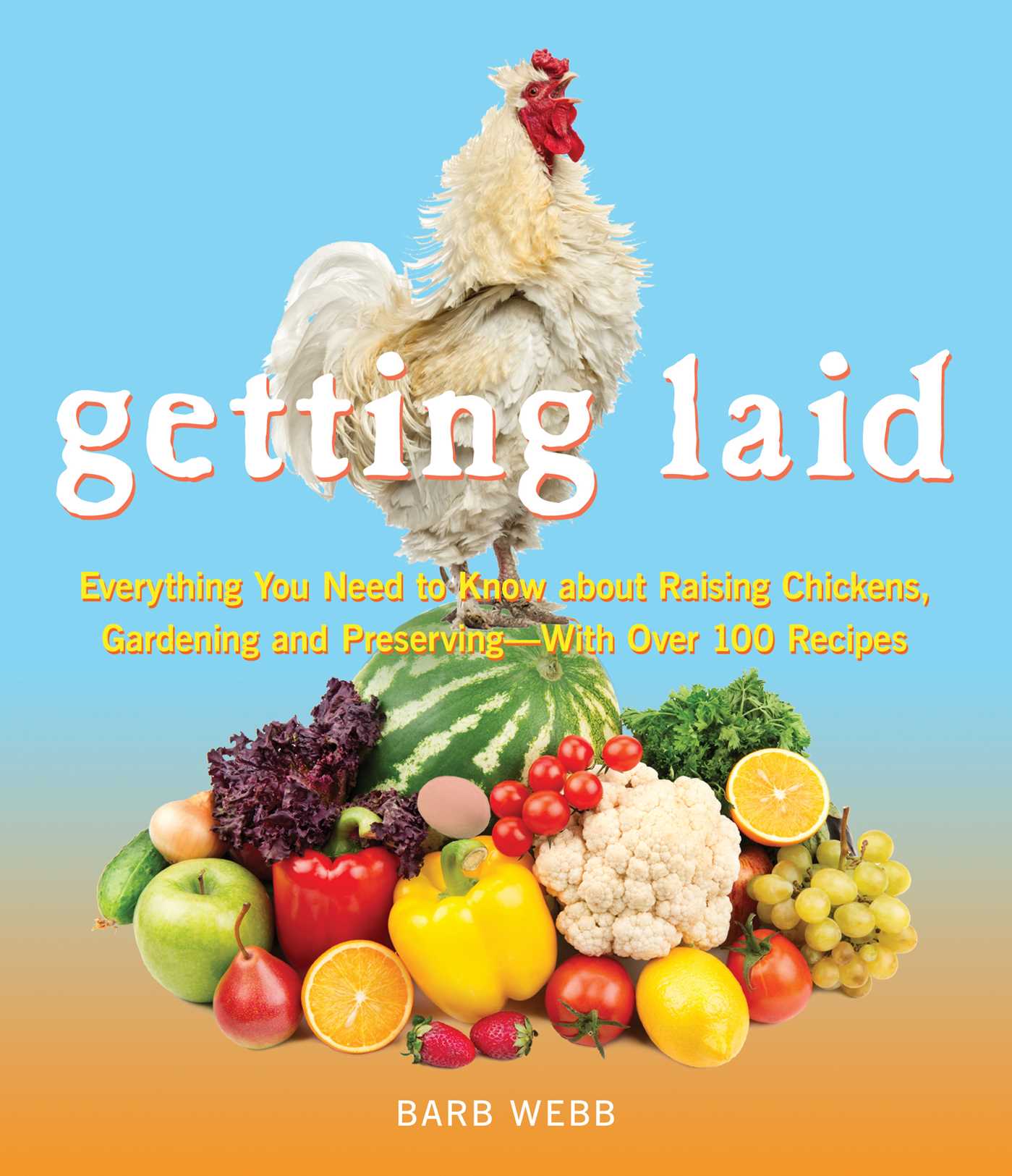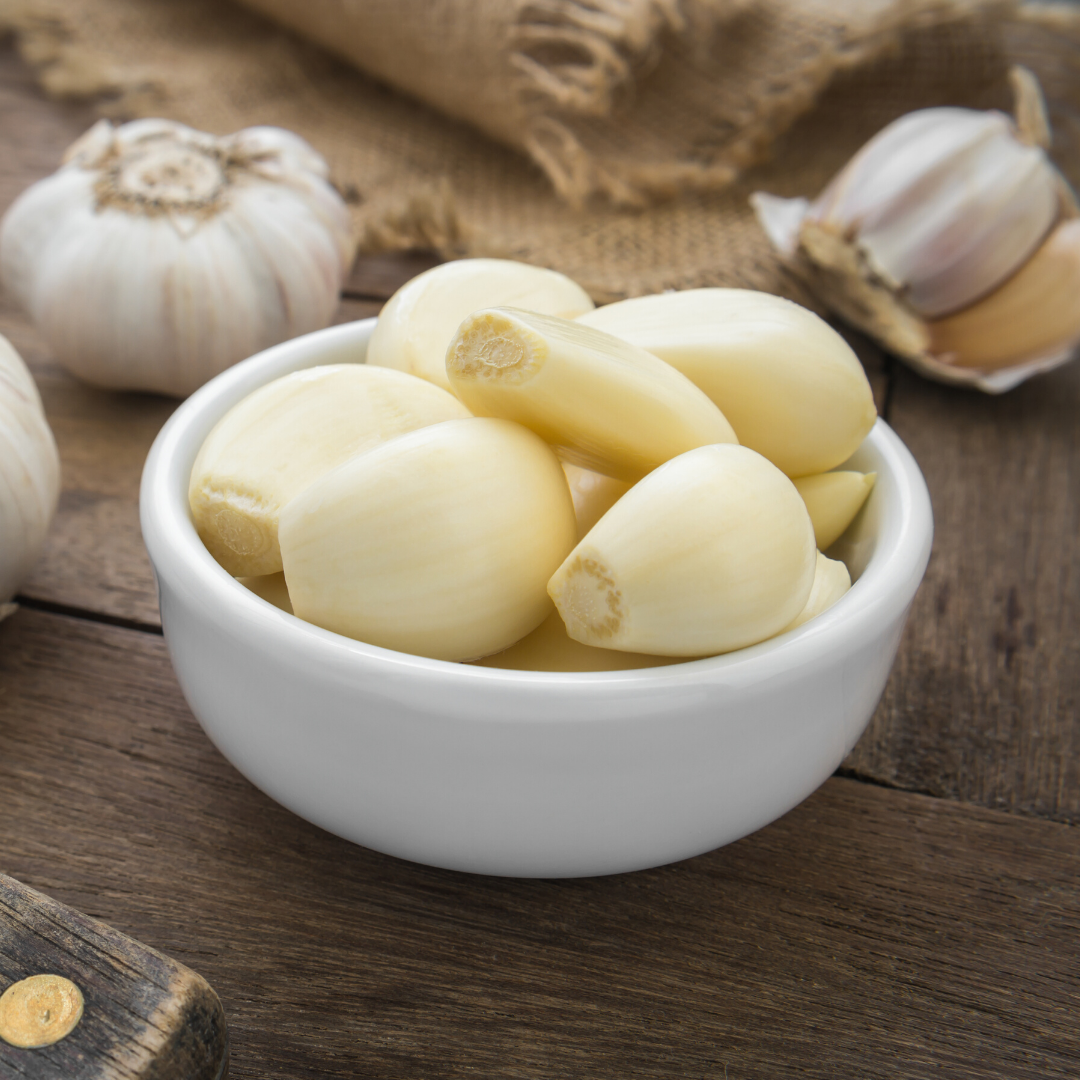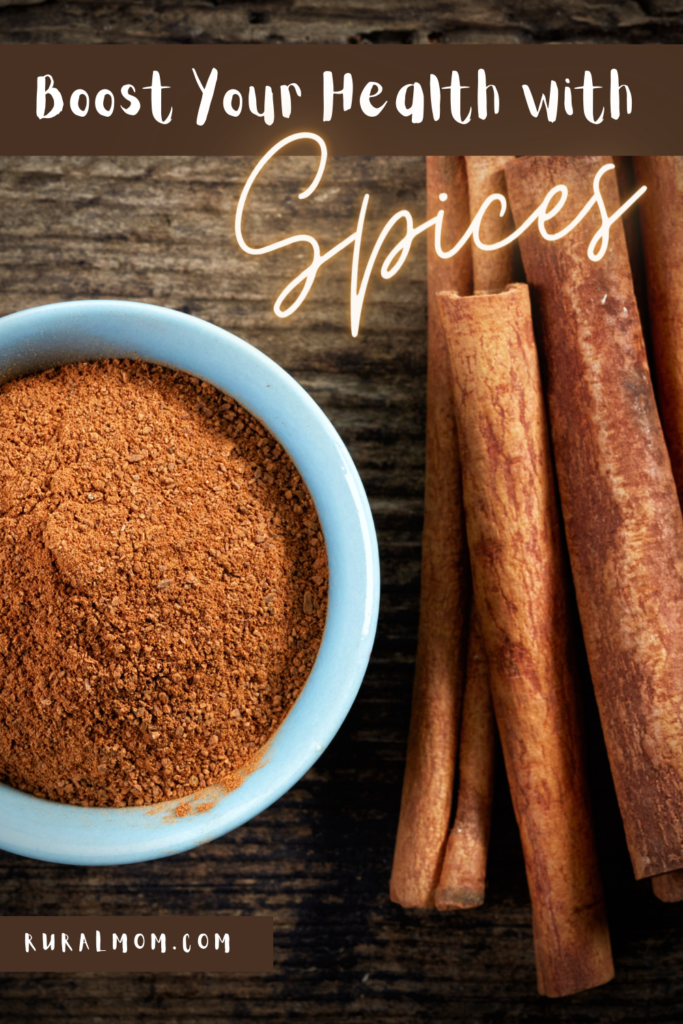This winter, many of us are focusing on staying healthy and building our immune systems. There are plenty of spices that will help boost your health to help meet your goals this winter, and beyond.
There’s a variety of spices to choose from. Each will provide your body with micronutrients and some are also proven immune-boosters. Should you find yourself not feeling well, as a bonus, many of these spices are excellent cold-symptom relievers, too!
In culinary quantities, these spices are generally safe. Most will cause no problems in medicinal doses, either. It’s always a good idea to check in with your doctor or other medical professional before trying a new spice to ensure it will meet your personal health needs and not interfere with any medications you are taking. Keep in mind, this is an informational article, not meant to be substituted for medical advice.
If you are new to any of these spices, introduce it slowly into your diet. Pay close attention to the way each makes you feel and what works best for your personal preferences, such as cooking with spices, adding spices to your tea, or using a supplement form of each.
Cardamom
Cardamom can be found as a powder or dried as seedpods. No matter its preparation, cardamom is useful for relaxing muscles, which has two main effects. Blood flows more easily through relaxed muscles, and the relaxing warmth of the herb helps relieve joint pain and stiffness.
As a powder, cardamom can be used in teas or added to soup broths. The Chinese remove seeds from the pods and stir-fry them, but the classic Yogi Tea in Ayurvedic medicine uses 4 whole seedpods per 8-ounce cup. In my experience, cardamom in every preparation has the same great effect of relieving common winter backaches.
Cinnamon
Cinnamon is one of the most used and highly regarded herbs in numerous herbal traditions. It’s drying and warming properties, when used daily for less than a week, will prevent the sweating that comes from wearing heavy winter gear. Cinnamon is a proven anti-inflammatory herb, and the volatile oils work to promote circulation by preventing unwanted clumping of platelets in the bloodstream.
Ever wonder why cinnamon is so popular on sugary pastries? Diabetes studies carried out around the world have shown that cinnamon moderates changes in blood sugar levels and prevents the insulin resistance associated with Type II diabetes. It also lowers cholesterol in the blood. The thing to remember about cinnamon is that most benefits are in the oils. To prevent these from “cooking off”, only steep cinnamon for 5 minutes in tea.
Cayenne
Cayenne is one of the most valuable herbs to build a relationship with. It takes time to become accustomed to the heat of the herb, so start small with an 1/8th of a teaspoon and work your way up. It’ll be worth it, because cayenne is a natural source of Vitamin C that also promotes blood flow to the hands and feet via vasodilation.
Once you build a tolerance to the heat, cayenne can provide quick relief from the symptoms of colds. Chills, dry coughing, and congestion will all disappear under the influence of a cup of strong cayenne tea sweetened with honey. The best way to get there is to start by adding it in small amounts into foods. Cook potatoes and other root vegetables as a roast, sprinkling the desired amount of cayenne and other seasonings on before eating.
Horseradish
Horseradish is another excellent source of Vitamin C. You won’t need much to do away with chest and sinus congestion, even when related to infections. A little horseradish goes a looong way, due to it being one of the most powerful herbal decongestants. If bloating is one of your winter ills, horseradish can take care of that too. Rheumatism and arthritis sufferers will benefit from the heating quality and the promotion of protective mucous throughout the body.
Horseradish is such a strong winter herb, use it sparingly. Use on roast beef sandwiches, in condiments, or in recipes. Add freshly grated root to apple cider vinegar to create a tonic, too.
Garlic
Finally, garlic is at the top of my 5 best winter herbs list. It may sound cliché but bears repeating, garlic is one of the best immune-stimulants and circulation promoters available. Garlic is full of health-promoting compounds and is possibly the most extensively researched herb in the world. It also has the widest variety of applications, such as:
– dried powder in soup broth
– sliced for use in omelets
– diced for stir-fries
– chopped for stews
It is important to note that preparation of garlic does influence its effect. Cooking it for long periods removes some of the anti-viral and anti-bacterial compounds. Add freshly crushed garlic to dishes in the last few minutes of cooking for the maximum benefit.
After enjoying the benefits of these five wonderful winter herbs, consider adding more to your repertoire. Nutmeg is a familiar name, but did you know it has long been used as an herbal remedy? Black pepper is another warming herb that can help clear out the toxic by-products of infections. Ginger snap cookies and ginger beer are both great for warming the body from the inside out.
With the right foods, you’ll be able to more fully enjoy the winter season without all the discomforts!




